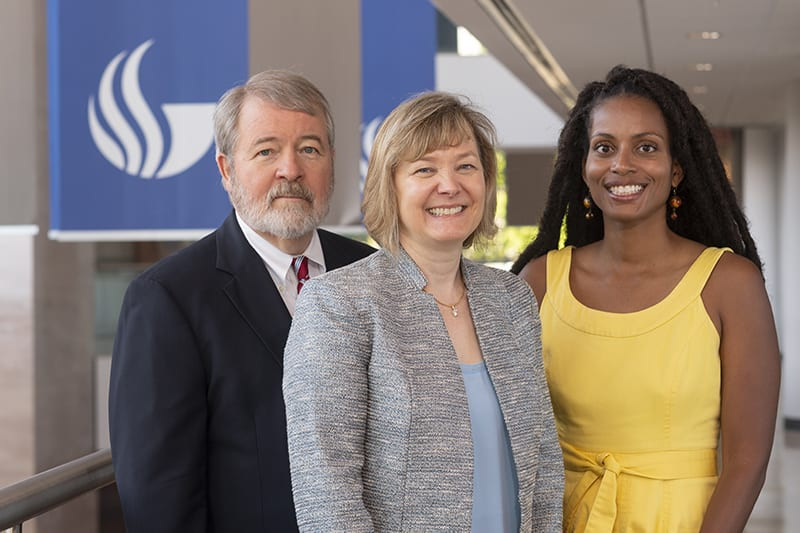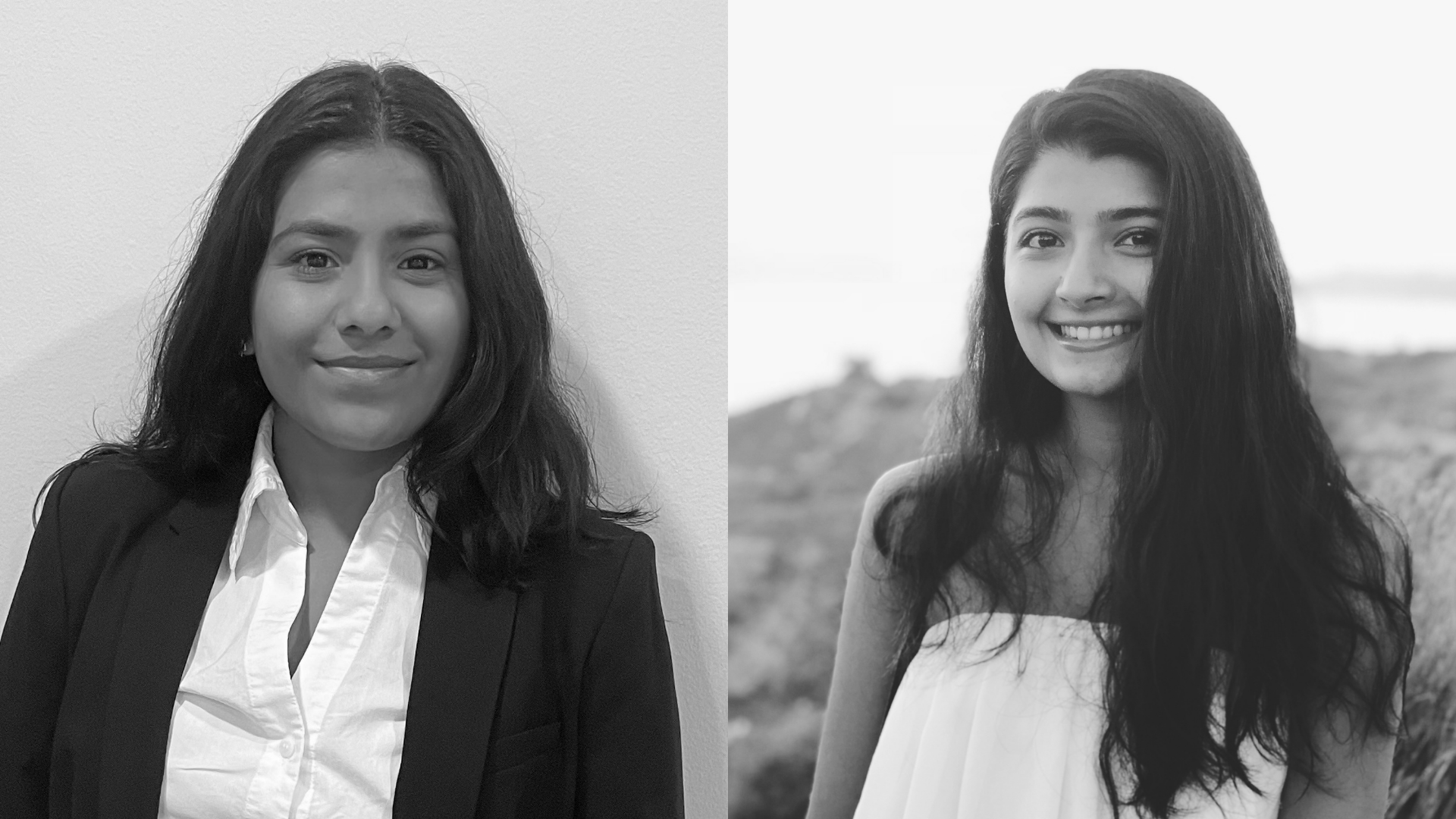Should the United States focus on distributing COVID-19 booster shots or sharing its vaccine supply globally? How do we distribute resources when unvaccinated people fill up ICUs because of COVID-19 complications? How will the pandemic end? The questions that have dominated news cycles and been on our minds this year all come back to bioethics. To make progress on critical issues like these, it is important that leaders in healthcare, policy, and research recognize when it’s time to bring bioethics to the table where decisions are being made.
Make Room, the Next Generation Is Bringing Bioethics to the Table

To help equip future professionals with bioethics knowledge and awareness of its broad relevance to problems impacting us all, Greenwall Faculty Scholar Alum, Leslie E. Wolf, JD, created a course that serves as a pathway to bioethics at Georgia State University (GSU). The Foundation-funded course was available to undergraduates in the honors program at GSU, and incorporated a focus on the students’ varied lived experiences. Prof. Wolf, Paul Lombardo, JD, PhD, and Courtney Anderson, JD, led the class to help students develop an understanding of bioethics problems that exist in their communities and the larger world – a mighty task for a class that may not have heard the term “bioethics” before.
The trio incorporated renown speakers from the world of
bioethics into the syllabus, but Prof. Wolf believes they were able to succeed for
one reason: the students. The course was grounded in class discussion of
current and historic events where bioethics issues are at play; it was propelled
by student enthusiasm, curiosity, and honesty. Prof. Wolf described how giving
students the space to make personal connections allowed them to realize the
many ways bioethics shapes our society. “Our students bring their lived
experience to the table as expertise, and we draw on this to expand what their
vision of bioethics is,” explained Prof. Wolf.
Haritha Dhamodharan, who graduated pre-med in 2021 with a major in neuroscience, was first introduced to bioethics through this course. As an aspiring physician, Haritha spent time outside of the classroom shadowing physicians, but felt discouraged when she saw some physicians weren’t taking the time to truly understand their patients. She shared that the course’s guest speakers reinvigorated her passion to become a physician by illustrating how “bioethics impacts the day-to-day life of a physician, helps [them to] care for patients in the medical field, and can make me a better caregiver in the future.”
One assignment asked students to share case studies they thought were related to bioethics, and nearly all the students brought in personal stories. “Some brought up the fact that they have incarcerated family members who are dealing with not being able to get the health care that they need, and some people brought up components of the Black Lives Matter movement. We talked about how both of these are bioethics issues,” Haritha shared. “I was able to talk about the fact that, as a woman of color, I don’t receive the same sort of care as white women when they’re trying to get treatment. [O]ur pain tolerance is assumed to be higher, even though that’s completely incorrect. That is bioethics too.”

Moments like that challenged Haritha and her classmates to be more than “information sponges” and think about how to resolve these challenges with a bioethical lens. The student-centered approach was also Pooja Parikh’s favorite part of the course. The small class size meant that students “had time to voice [our] individual ideas and acknowledge other students’ thoughts,” she explained. Pooja noted that Profs. Wolf, Lombardo, and Anderson guided students but didn’t co-opt the conversation by invalidating their experiences or superimposing their own perspectives.
As a business major, Pooja took the course to fulfill an honors credit, thinking it was for health care professionals and would be full of biology and chemistry majors. But her semester proved the course – and bioethics – involves so much more than health care and science. As the course went on, she found that bioethics “really stems from the idea of questioning standards; it stems from the idea of wanting to improve the systems that are currently in place and really understanding what your communities are going through.”
The course helped foster candid conversations about bioethics among students with diverse interests, career plans, and backgrounds. Now, Prof. Wolf is working with Pooja to develop materials to share their experience with others, including an extended syllabus. Their goal is to create supplemental resources, identify what they could do better, and describe how to center students in the classroom. They hope the syllabus will be used at other undergraduate institutions to teach students of all majors when it’s time to bring bioethics to the table.